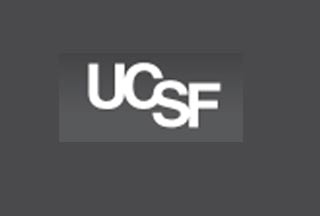
The trial suggests that the vaccine is apparently safe and effective against anal cancer. It is also recommended for preventing cervical cancer among women. The HPV virus is solely responsible for anal cancer.
“Almost six thousand people every year in this country are diagnosed with anal cancer, and more than 700 people die from the disease. What this trial showed is that those cancers and deaths could be prevented,” commented Joel Palefsky, leader of the trial.
This study constituted almost 602 men who had a minimum of 1 and maximum of 5 sexual encounters with other men and were in the age-group 16 to 26 years. They were randomly administered a placebo or a three-shot injection of the vaccine Gardasil that shields against HPV 16 and 18. The latter mostly contribute to anal cancer while HPV 6 and 11 play a key role in anogenitial warts.
The participants were involved in the trial from 2006 to 2008 and were inspected for 3 years following their last shot. According to the results, the vaccine was seemingly successful in lessening anal infections with HPV and precancerous lesions called high-grade anal intraepithelial neoplasia which are precursors to anal cancer.
Nearly 75% of those who had not been previously exposed to any HPV types in the vaccine supposedly saw less prevalence of these cancer precursors. Among the group that had been exposed to one or more types in the vaccine, the treatment presumably cut the growth of precancerous lesions by 54%.
Palefsky concluded that the vaccine seems to work well in reducing anal infections and precancerous anal disease, thus inhibiting anal cancer in men. The appropriate time to get vaccinated will be prior to initiation of sexual activity or it could also be used after sexual activity has begun.
Based on the report, the Advisory Committee on Immunization Practices (ACIP) has voted to make HPV vaccinations regular for boys who have attained the age of 21 years. The findings are published in the New England Journal of Medicine.
